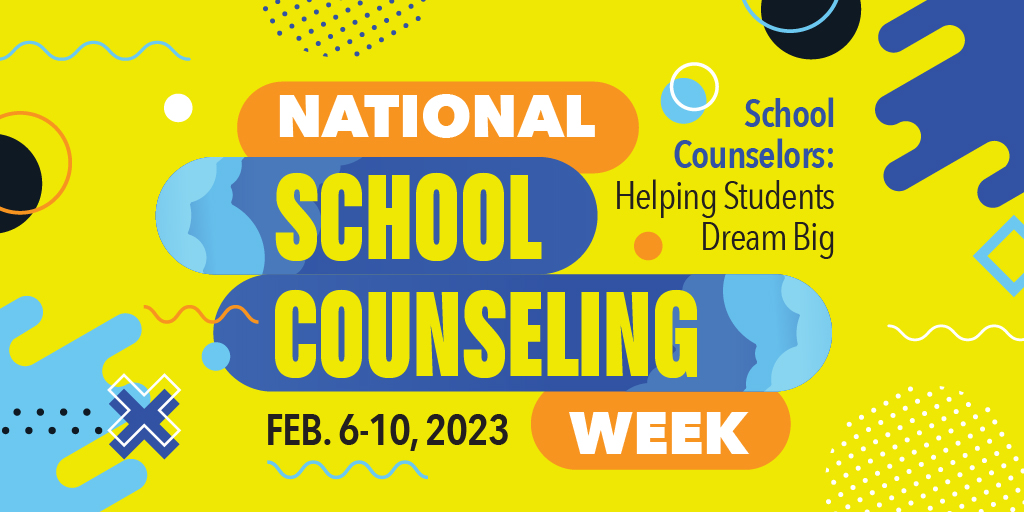
All this week, Orange County and the rest of the nation are celebrating the vital contributions of school counselors, who play essential roles in support of the health, wellbeing and academic success of students.
National School Counseling Week is annually recognized the first full week of February as a way to focus the public’s attention on a group of highly-trained professionals who — often quietly — guide students along their educational journeys and help them map out future careers. This year’s theme is “School Counselors: Helping Students Dream Big.”
“Our school counselors are truly champions for student success,” said Orange County Superintendent Dr. Al Mijares. “These professionals work tirelessly to help young people navigate academic and personal challenges. As such, they are instrumental in helping students unlock their full potentials. I am proud to work alongside them and to recognize their hard work and profound contributions to our schools during National School Counseling Week.”
You might already know that counselors help students choose courses that align with their interests and abilities, provide information about colleges and universities, and assist with college applications. But they also offer extra support and resources to those who are struggling, and many work closely with families to ensure students’ needs are met.
And here are a few additional facts about counselors you might not know:
School counselors are certified and licensed educators.
All school counselors in the state of California must earn a graduate degree as well as a Pupil Personnel Services Credential, or PPSC. As part of pursuing their credential, school counselors are required to complete six units of practicum and field study. In California, school counselors need to complete at least 900 hours of combined practicum and fieldwork.
School counselors are active school leaders.
As members of school leadership and student support teams, school counselors collaborate with family members, principals, teachers and other support staff to develop and implement school-wide programs, classroom and individual activities that improve student outcomes.
School counselors are proactive and data-driven.
Supporting elementary, middle and high school students, counselors use data to create guidance programs that address students’ academic, social and emotional development and future career plans.
School counselors advocate for all students and work to remove systemic barriers.
As educational advocates, school counselors identify and assess student needs along with any external factors that may affect their success. In this capacity, they help to promote a positive school environment that leads to positive student outcomes.
